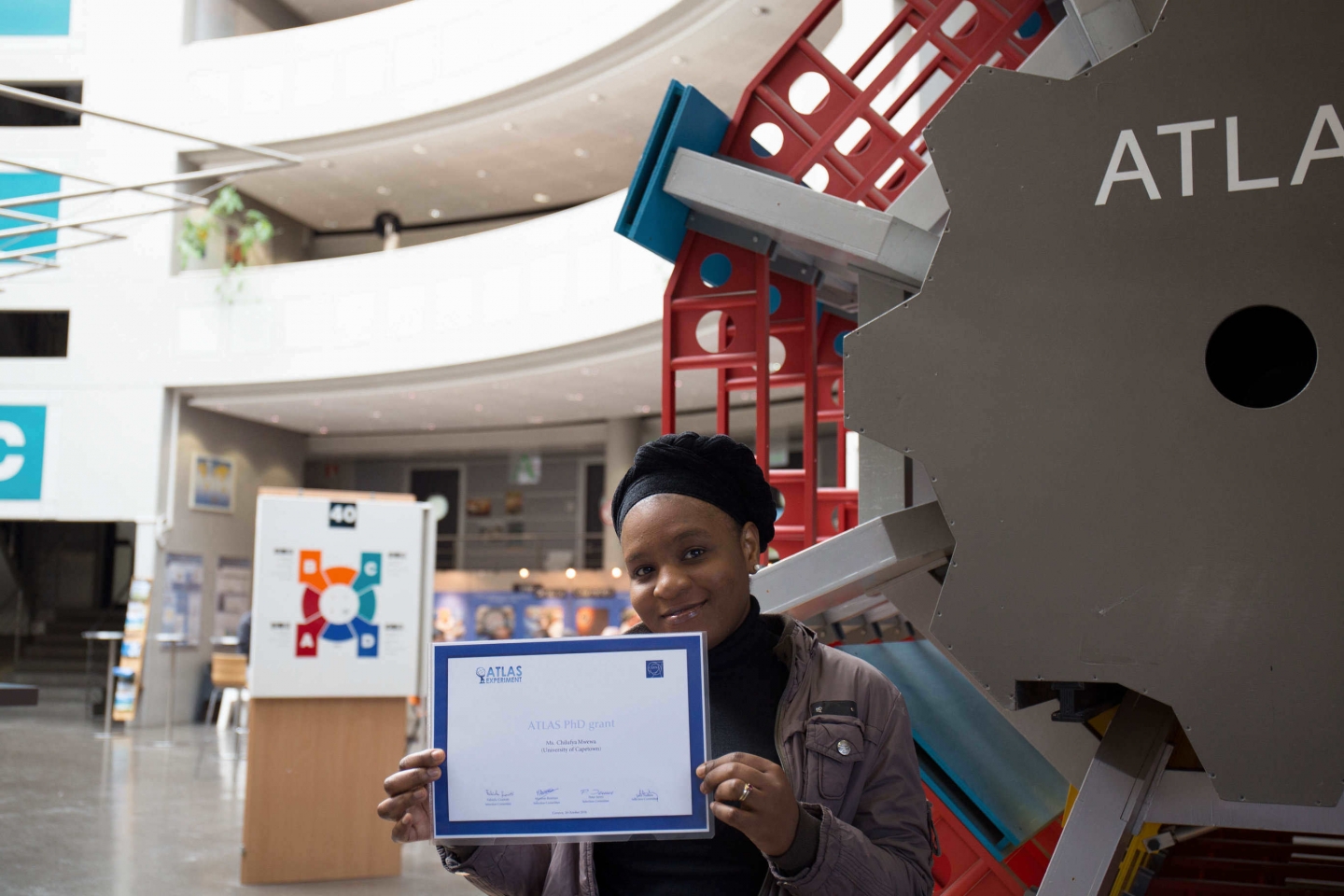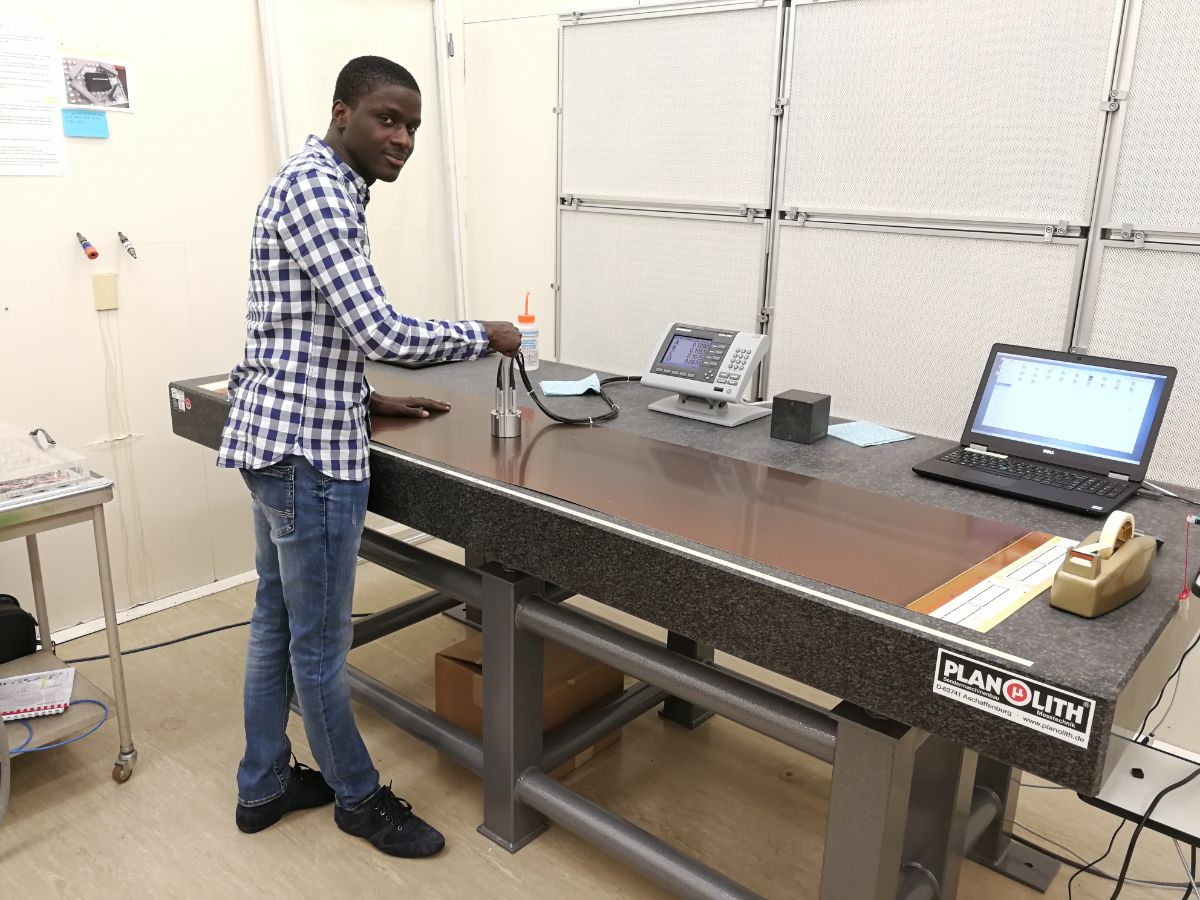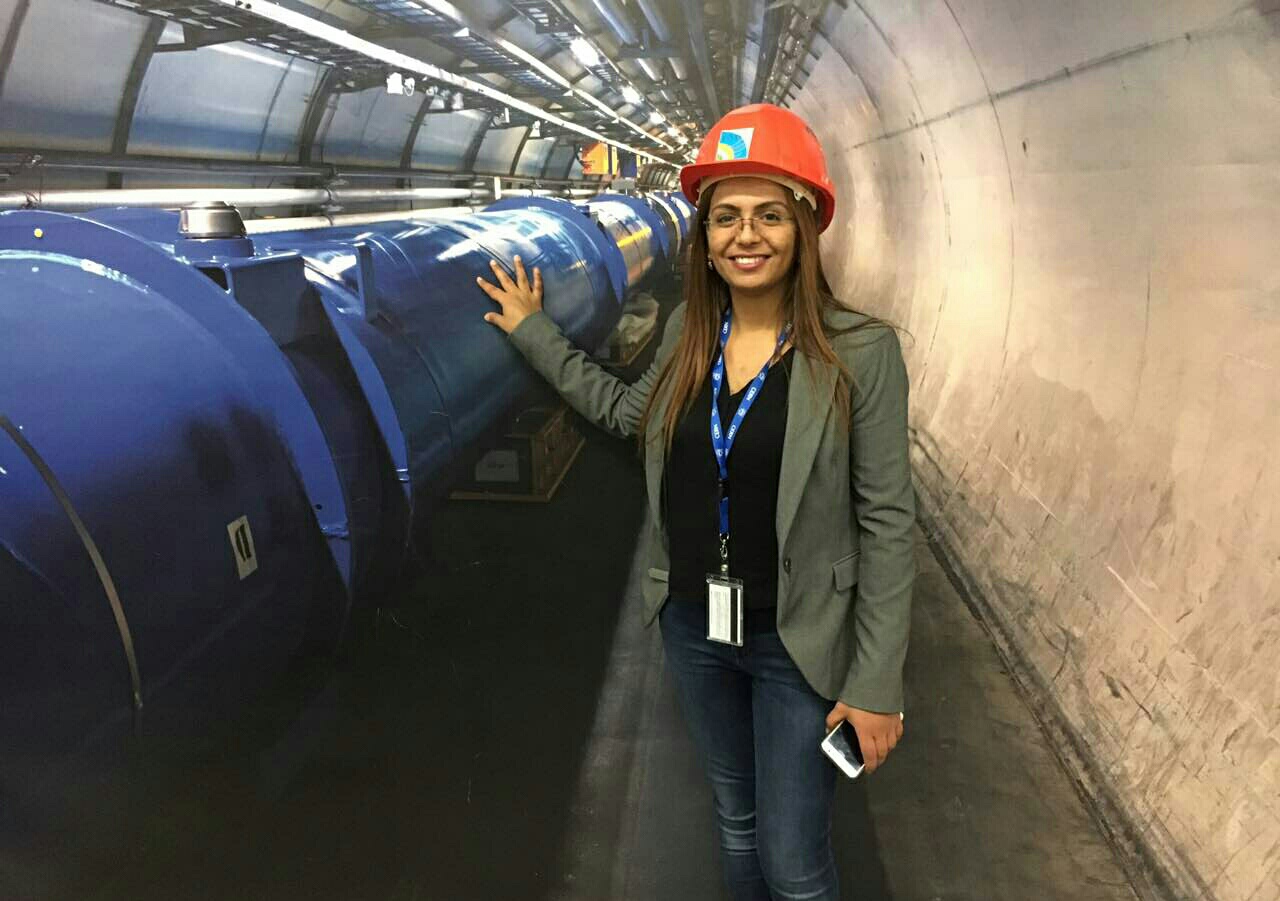A biennial African School of Physics (ASP) on fundamental physics and its applications was established in 2010 in order to promote international cooperation in the field of fundamental physics among African countries and between them and western countries.
An ASP has taken place every second year from 2010 to 2016, in South Africa, Ghana, Senegal and then Rwanda. The schools are based on a close interplay between theoretical, experimental and applied physics and grid computing. They cover a wide range of topics: from particle physics and particle detectors to astro-particle physics and cosmology and to computing and accelerator technologies. Scientists from Africa, Europe, Asia and the USA are invited to deliver lectures, taking into account the diverse levels and backgrounds of the students.
After each edition of the school, the ASP organising committee maintains contact with the students and mentors and coaches them as much as possible in their pursuit of higher education. In addition, the organising committee runs a mentorship program for active coaching of a few selected promising students.
Many ASP alumni are able to continue their studies at CERN, as summer school students, postgraduate students or post-doctoral fellows.
For example, Chilufya Mwewa, from Zambia, is a PhD student from the University of Cape Town. She attended ASP2010. “Intrigued by the many things I learned at this school, I considered pursuing a career in particle physics. I was able to work in collaboration with CERN scientists and thanks to the ASP network,” she says. She was awarded an ATLAS PhD grant and is currently working on the ATLAS Muon New Small Wheel and Standard Model physics at CERN.

Diallo Boye, from Senegal, attended ASP2012. He is student at the University of Johannesburg and he is now working as a PhD student on the ATLAS Muon New Small Wheel and on searches for Higgs decays to Beyond Standard Model particles. “Attending ASP basically initiated the start of my career in particle physics,” he happily notes.

Hayfa Sfar, from Tunisia, attended ASP2016 and she is now working at CMS as a PhD student. “ASP has given me a great opportunity to start up my PhD in the field of particle physics,” she remarks.

The fifth edition of ASP will take place in 2018 in Namibia, supported through a partnership with several Namibian and international institutes and organisations.
For more information, contact the ASP International Organising Committee at asp-ioc@cern.ch.
